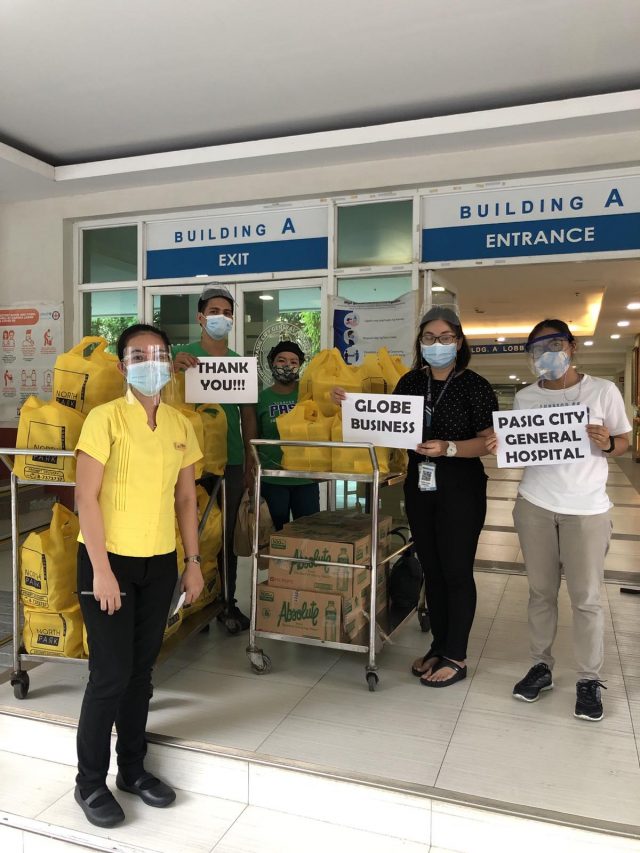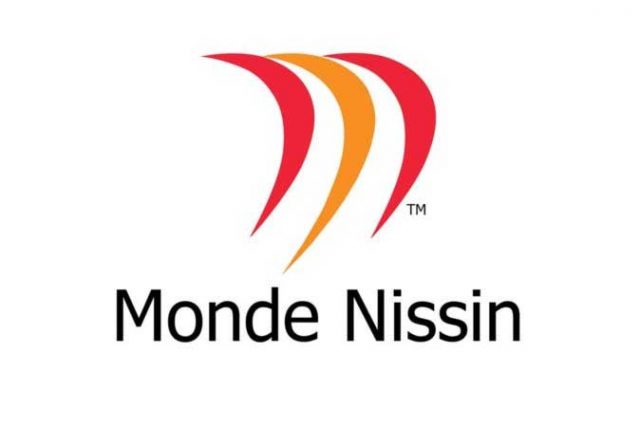Rory McIlroy hits proposed breakaway Super Golf League


RORY McIlroy doubled down on his criticism of the Super Golf League (SGL) on Wednesday, calling the proposed breakaway golf circuit “a money grab.”
The Telegraph reported on Tuesday that negotiators for those behind the SGL — previously known as the Premier Golf League (PGL) — have been in South Florida making lucrative offers to several marquee players in the range of $30 to $50 million.
McIlroy said he was first approached by representatives for the proposed league in 2014 and that while the people and source of money behind the SGL may have changed, his stance has not.
“Nothing has happened,” McIlroy told reporters on Wednesday ahead of the Wells Fargo Championship in Charlotte. “No sponsorship deals, no media deals, no players have signed up, no manufacturers have signed up. There’s been so many iterations at this point.”
McIlroy drew a comparison between the SGL and the European Super League, a proposed breakaway soccer circuit that collapsed 48 hours after its announcement following massive global backlash.
“People can see it for what it is, which is a money grab,” McIlroy said of the SGL. “Which is fine if that’s what you’re playing golf for is to make as much money as possible. Totally fine, then go and do that if that’s what makes you happy.
“I’m playing this game to try to cement my place in history and my legacy and to win major championships and to win the biggest tournaments in the world. That’s why I’m playing this game.”
McIlroy along with Brooks Koepka and Jon Rahm were among the top players to say they had no intention of joining the PGL in the spring of 2020. As the chairman of the Player Advisory Council, McIlroy applauded the PGA Tour’s creation of a $40-million Player Impact Program as a bonus pool for its 10 most popular stars.
Its design is to “recognize and reward players who positively move the needle” on fan and sponsor engagement, a Tour spokesperson told Golfweek. The $40 million will be distributed among 10 players at the end of the year, with the most valuable getting $8 million.
While acknowledging that the program was designed to get the attention of players who may have been approached by the SGL, McIlroy views it as another opportunity for the broader PGA Tour membership.
“There’s the potential for anyone to get into this top 10, right?” McIlroy said. “Like a Will Zalatoris, he was on the Korn Ferry (Tour) last year, he’s had a wonderful rise. He’s cool, he’s got a really cool look, he’s young.
“There’s a possibility, if he keeps playing the way he’s playing this year, he could be in that top 10. And to think about that, to think about this kid that’s coming up that was on the Korn Ferry like a year ago and could make that top 10, I think that’s pretty cool.”
McIlroy has previously referenced the Saudi Arabian backers of the SGL and said last year that he didn’t really like where the money was coming from. He also took issue with the timing of this week’s report of the PGL making lucrative offers, with the news breaking the same day that PGA Tour commissioner Jay Monahan was holding his annual players meeting.
Sources told GolfChannel.com on Tuesday night that Monahan told the membership at Quail Hollow Club that any player who joins the PGL would face immediate suspension and likely permanent expulsion from the Tour.
“I’m very much against it,” McIlroy said to close out his remarks about the SGL. “I don’t see why anyone would be for it.” — Reuters













